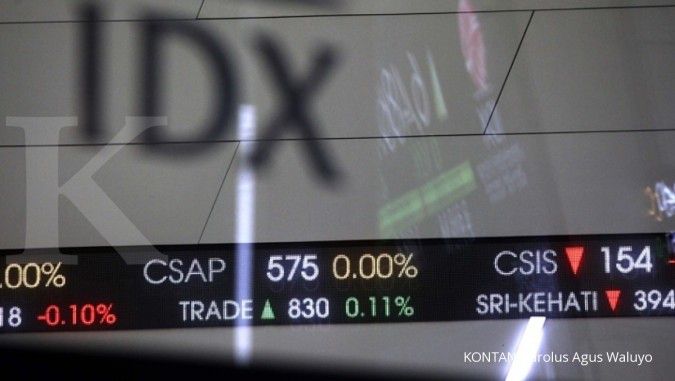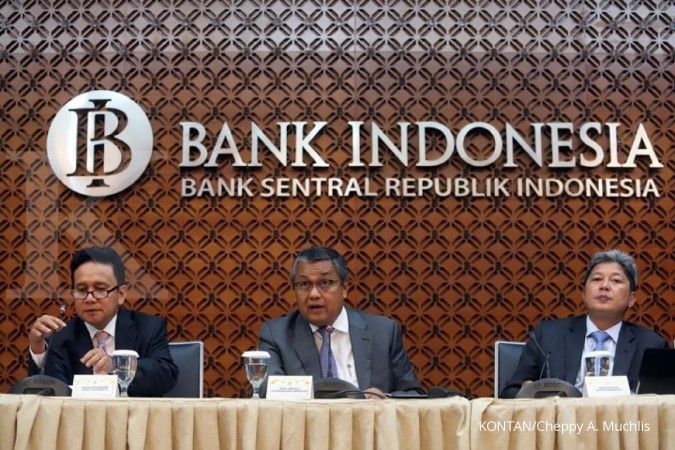MACROECONOMICS - JAKARTA. Bank Indonesia (BI) decided to hold interest rates at the level of 6% in March 2019. The deposit facility and lending facility rates also remained, each at 5.25% and 6.75%.
BI Governor Perry Warjiyo said this decision was in line with BI's goal to reduce the current account deficit (CAD) to the level of 2.5% of gross domestic product (GDP). Also in line with efforts to maintain the attractiveness of the Indonesian financial market.
"This decision is consistent with efforts to strengthen external stability," Perry explained while holding a press conference at the BI building complex on Thursday (21/3).
The following are some considerations of internal and global conditions. Internally, the Indonesian economy is still conducive.
Economic growth in the first quarter of 2019 is expected to remain strong supported by domestic demand. Consumption is still high, supported by purchasing power and consumer confidence, as well as fiscal stimulus through social spending and election preparation.
Nevertheless, the seasonal pattern of investment has slowed down a little. BI estimates that economic growth will remain in the range of 5%-5.4%.
The rupiah exchange rate strengthened in line with good external work. The Rupiah strengthened 1.05% point to point or 0.85% on average supported by a massive inflow of foreign capital. BI views the rupiah exchange rate as stable with fundamental values.
Inflation fell and was under control at the target of 3.5%. February 2019 consumer price index deflation of 0.08% monthly or annual inflation of 2.57%. Down from the previous month of 0.32% monthly and 2.82% yearly.
While from the external, BI sees that the global still shows a slowdown in economic growth. The economy of the United States (US) is slowing down due to reduced fiscal stimulus, a decline in labor productivity and a weakening of confidence in business people.
China is also expected to slow down due to the delay in fiscal stimulus and the not yet diminished tensions of trade wars with the US. While Europe experienced a decline in exports due to limited Chinese demand, weakening business confidence, and continued uncertainty in solving the Brexit problem.
The normalized response of developed countries is not as stringent as initially estimated. Both the US and European central banks declared more dovish policies. Nevertheless, Indonesia still faces challenges to encourage exports. But positive for foreign capital inflows.
While interest rate and exchange rate policies remain focused on external stability, BI is taking other more accommodative policies to boost domestic demand.
/2019/03/21/1714412317.jpg)











